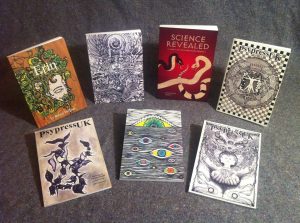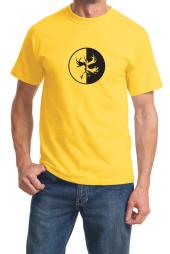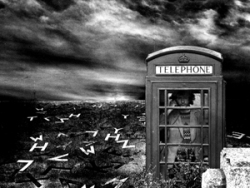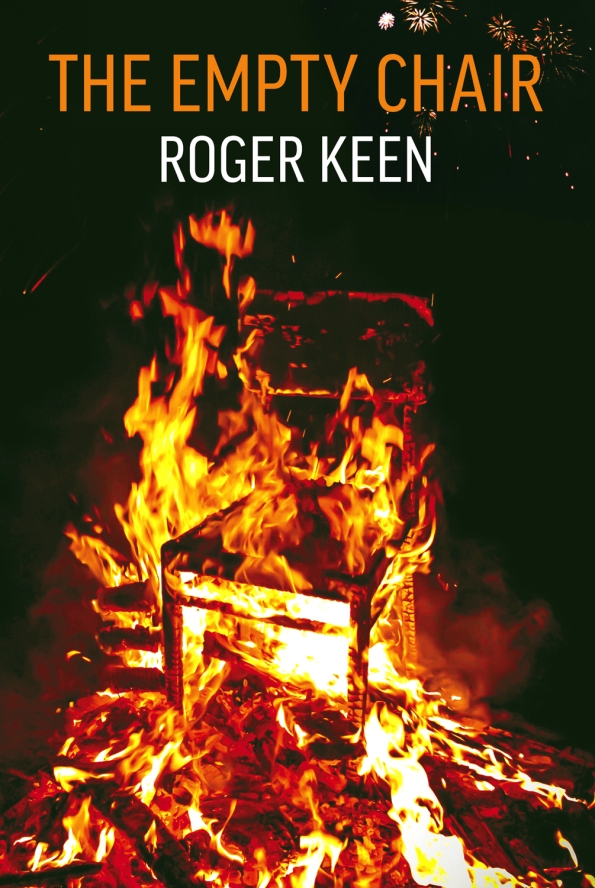Archive
To Soar Angelic Even Higher – Psypress UK Latest Issue & Crowdfunder
The 2014 Volume 3 issue of the acclaimed Psychedelic Press journal is out now, and it contains my extended article ‘Beats on Acid’, about what happened when the original hipsters encountered the new 1960s era of tripping. Allen Ginsberg took mushrooms, declared himself ‘the Messiah’, and plotted with Timothy Leary to turn on the world. Meanwhile Neal Cassady passed the Acid Test with Ken Kesey and drove the legendary bus ‘Furthur’ off into the sunset and immortality. But for Bill Burroughs and Jack Kerouac, the transition wasn’t that simple…
Interest in and information about ayahuasca has expanded exponentially in recent years, and the Psypress journal is the place to find out the latest. Author and workshop coordinator Ross Heaven asks the question ‘What is Ayahuasca Tourism?’ and whilst painting a very eye-opening picture of the current Amazonian ayahuasca scene, he concludes there is no definitive answer, with perhaps more pluses than minuses to the so-called ‘Western invasion’. Nathan D. Horowitz gets down to business with a florid and lyrical Ecuadorian ayahuasca trip account, which sustains vivid narrative intensity. And on a related note, Andrew R. Gallimore gets inside the DMT-influenced brain and shows how altered neurology engenders a more fluid model of reality.
In the more academic realms, James W. Jesso explores the parallels between Sufism and psilocybin as a spiritual tool, and John Glynn looks at the literature of the chemistry of psychotomimetic drugs, relating it to mental illnesses such as schizophrenia and also psychedelic therapy. In other articles, Roger Green gives a detailed analysis of Aldous Huxley’s entheogenically utopian novel Island, and Mike Jay considers the lotos-eaters of myth and antiquity. And finally editor Robert Dickins meditates on the ego and ego-loss in psychedelic experience, touching on Freudian theory and the works of Huxley again, but mainly on Alan Watts and his seminal piece of trip-lit The Joyous Cosmology. To obtain a copy of the journal, click here.
The range, depth and variation of the subjects explored, plus the obvious expertise of the authors makes for a lively and didactic read; and again the journal shows that the hundred-page digest format – a volume to hold in your hands – cannot be beaten in many ways, and ideally compliments the keyboard-and-screen experience of the internet. The journal has been going for two years now, and Rob plans to make it bi-monthly and also obtain new computer equipment, redesign the Psypress website and publish more books to expand the existing collection.
To this end Rob has launched a crowdfunder appeal with the aim of raising £5,250. As I write, £725 or 13% of the target has been reached and I urge you to contribute and spread the word around and get Psypress up to the next level. Rob has worked tirelessly over the past five years to build this portal of psychedelic information, and his achievement to date is most impressive. He says:
The Psychedelic Press aims at two things: 1) To be a public forum for psychedelic and curious culture, and 2) to raise awareness about the therapeutic, medical, and cultural significance of psychoactive plants and chemicals, through the publication of a range of media.
There are various gifts on offer in exchange for donations, such as copies of the journal, subscriptions, copies of Andy Roberts’ excellent book Albion Dreaming: A Popular History of LSD in Britain, Psypress T-shirts and original artwork, depending on the level of donation. I have donated and I eagerly await the arrival of my T-shirt! More information here.
On the Road – On Film
So I finally got around to seeing the movie version of Kerouac’s On the Road, not far off two years after its UK release, which, for a writer and film buff who counts the Beat scene as a specialist interest, seems somewhat lackadaisical! I missed it at the cinema and having absorbed the lukewarm reviews and general lack of buzz surrounding the release, I wasn’t in any hurry to catch it on DVD. In a way I was delaying disappointment, putting off a moment of long anticipation that was now almost certainly destined to be anticlimactic. Why would I want to spend two hours witnessing one of the most cherished and influential novels of my life turned into just another average piece of 1940s-’50s period cinema-screen fodder?
Like its companion Great Beat Novel Naked Lunch, On the Road presented challenges to the filmmaker. Its autobiographical narrative is episodic, meandering and strung out, lacking the neatly shaped arc that would authoritively drive a film plot. What holds the book together is, of course, Kerouac’s prose itself, his ‘bop prosody’ with its jazz-like spontaneity, exuberance, fearless rule-breaking experimentation and pure drug-tinged scintillation. Finding a parallel method to inject all that into a film and make it work is no easy task. Go too far from the original – as David Cronenberg did with Naked Lunch – and you end up with something that’s a bit potty; but try to be too faithful and the danger is your product will be flat and lacklustre in its attempts at reverence.
Walter Salles’ On the Road does at times fall into the latter trap. What was cutting edge in ’50s culture and writing – acting crazy whilst mouthing off about poetry and philosophy, doing Benzedrine and weed and swapping sexual partners – now seems tame, dated and so-whatish in many of the film’s scenes. There is no shock value and not much of a curious spin to make us view the action in a special light. Kerouac the writer manifests in the most conventional of ways – in voice-over narration from the actual text, banging the keys of his typewriter with big close ups of the emerging words, and the usual spiel about wanting to capture life’s evanescence. Finally the moment where he writes the first draft of the book itself, on a continuous scroll of paper (obviously not part of the text itself), becomes the apotheosis of the whole process – again hardly a ground-breaking idea.
This device of real-life framing of the fiction, also employed in Cronenberg’s Naked Lunch mash-up, seems almost inevitable in dealing with Beat mythology now, as the biographical details of the protagonists and their writings permeate each other totally. And when you have a ‘fiction’ such as On the Road which is already ‘real-life’ – on the IMDB page real and fictional names appear side by side – one might think there is little point in retaining the fictional armature at all; why not make a film about the events ignoring Kerouac’s own perspective and instead try to say something new? Read more…






